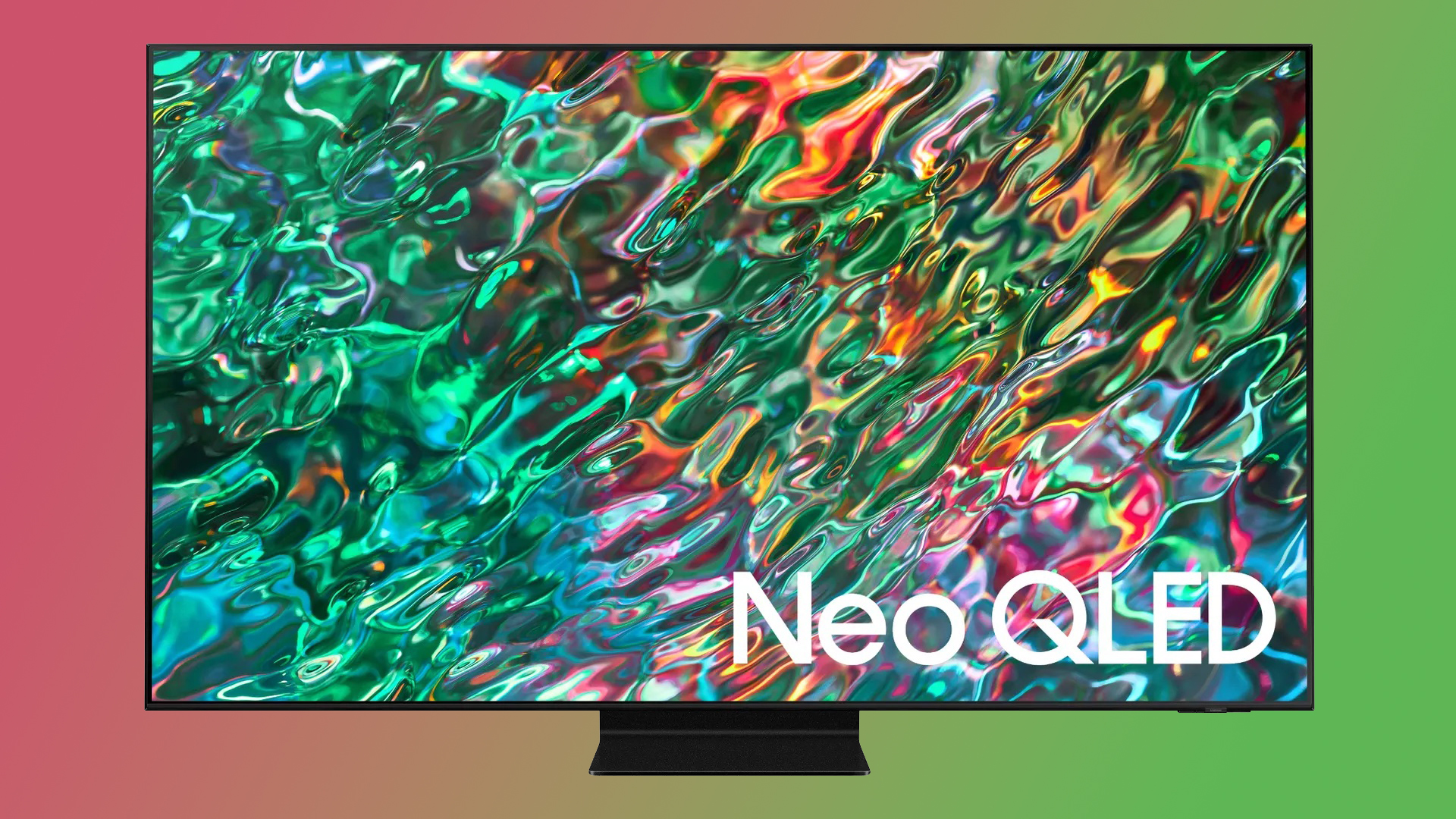Are QLED TVs better than OLED TVs? Find out which is the better buy for you
If you're looking for the very best TVs in 2022, you need to know about these two different display technologies


Get all the latest news, reviews, deals and buying guides on gorgeous tech, home and active products from the T3 experts
You are now subscribed
Your newsletter sign-up was successful
Is QLED better than OLED? The two display technologies work in different ways but have the same goal: to deliver the best possible picture quality. And because they do things differently, they have different strengths.
The short version: if everything else is equal, QLED tends to be brighter and OLED has better contrast.
At the time of writing, our best TV is a QLED. We don't think it's an OLED killer but it comes incredibly close for considerably less money. It's not quite the best TV technology but for most people it's the better buy.
Here's what you need to know about the two technologies.
QLED vs OLED: what's the difference?
QLED TVs are based on the same technology as other LED TVs, which means they're lit with a backlight that illuminates the pixels. By dividing the panel into multiple zones the backlight can be adjusted with a lot of precision so that it's not lighting up areas that need to be dark. That's important for high dynamic range (HDR) visuals, which need to have a lot of contrast between the lightest and darkest parts of the image.
OLEDs are different. They don't have a backlight; instead, each individual pixel in the display produces its own light. That means the TV panel can switch off individual pixels, not just zones, and the result is near-infinite contrast. While QLED TVs' contrast is usually very good, OLEDs are great. And if that's your only consideration, OLED is the TV tech for you.
But, and it's a big but, OLEDs are still expensive and aren't available in the smallest TV sizes – so if you're looking for the best TVs under £500 you won't find a single OLED, and nor will you find one among the best 32-inch TVs. The smallest OLED TV is currently 43 inches and costs the same as its larger stablemate. If you want a big TV and don't mind a big price, OLED is the best. But QLED is really great too.
Get all the latest news, reviews, deals and buying guides on gorgeous tech, home and active products from the T3 experts

Writer, musician and broadcaster Carrie Marshall has been covering technology since 1998 and is particularly interested in how tech can help us live our best lives. Her CV is a who’s who of magazines, newspapers, websites and radio programmes ranging from T3, Techradar and MacFormat to the BBC, Sunday Post and People’s Friend. Carrie has written more than a dozen books, ghost-wrote two more and co-wrote seven more books and a Radio 2 documentary series; her memoir, Carrie Kills A Man, was shortlisted for the British Book Awards. When she’s not scribbling, Carrie is the singer in Glaswegian rock band Unquiet Mind (unquietmindmusic).